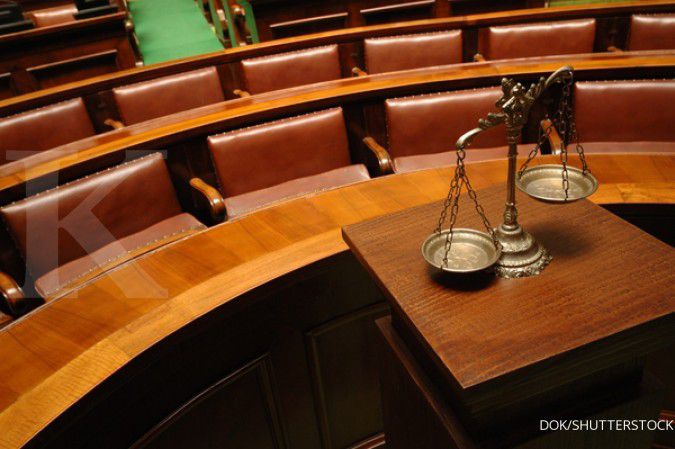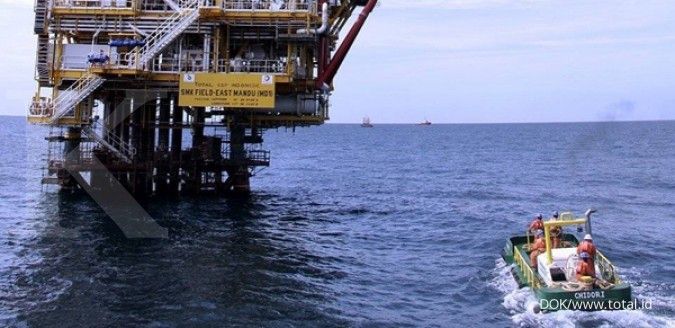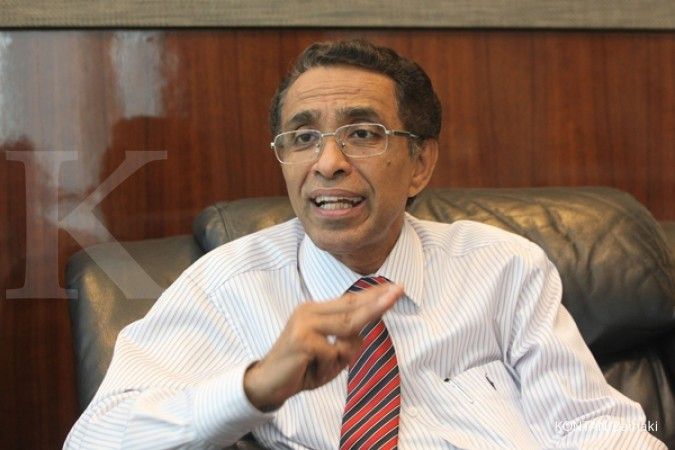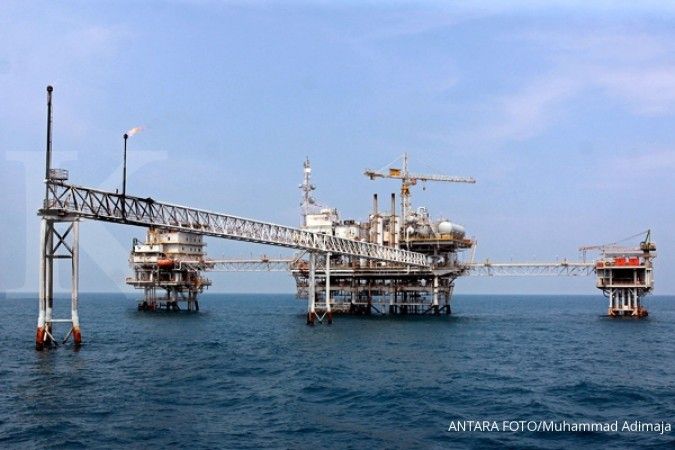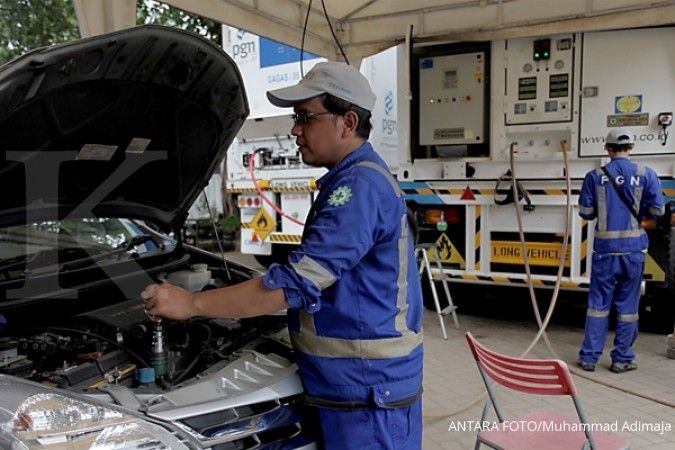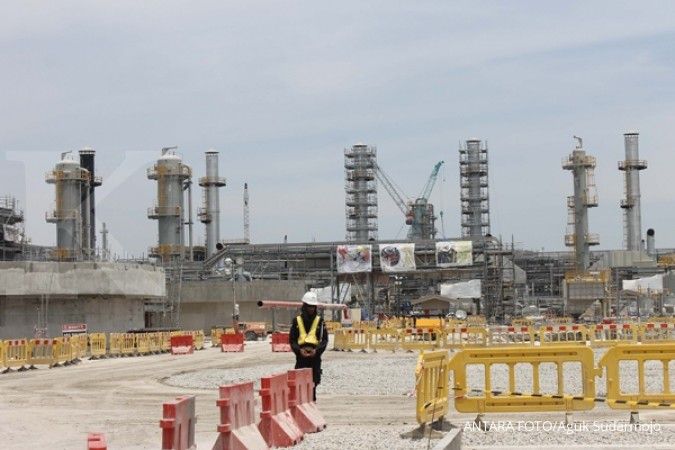JAKARTA. The government is seeking immediate ways to help its giant enterprise Pertamina ease the burden of subsidizing fuel without using the state budget.
Taking over the government’s role, oil and gas giant Pertamina has been subsidizing octane-88 Premium as the government has set the fuel price below the market price to maintain the people’s purchasing power amid weak domestic demand and economic growth.
The policy was lauded by observers as protecting the interests of the people, but it was done at the cost of Pertamina’s finances, with questions raised over the sustainability of the government’s fuel-subsidy reform.
At Rp 7,400 per liter since the end of March, the government-determined Premium price is Rp 750 lower than the market price — more than double the Rp 300 per liter gap at the end of February following global oil prices’ recent rise, company data show.
Pertamina sold 6.7 million kiloliters of Premium in the first quarter. Based on The Jakarta Post’s calculations, Pertamina may have spent at least Rp 2 trillion (US$152 million) in the two months alone to subsidize the Premium.
“We will find a win-win solution [for Pertamina and the government]. There’s no need to make a new budget […] but Pertamina will not become the victim,” Finance Minister Bambang Brodjonegoro told the Post in a recent meeting.
“We will find ways for [price] smoothing,” he said, citing the possibility of a gradual increase in Premium prices or higher non-subsidized octane-92 Pertamax fuel prices to compensate for Pertamina’s subsidy expenses.
The Energy and Mineral Resources Ministry will discuss the details of the matter, Bambang added. Minister Sudirman Said could not be reached for comment.
The government embarked on a fuel subsidy overhaul late last year when President Joko “Jokowi” Widodo put an end to the burdensome and poorly targeted Premium subsidies and implemented floating fuel prices, announced monthly by the government.
Pertamina president director Dwi Soetjipto brushed off concerns over financial losses incurred by subsidizing Premium without government reimbursement, considering it “business as usual”.
The company has been used to paying for overconsumption of subsidized fuel in the past, so it compensates the loss by making higher profits through other business lines, such as upstream businesses or other fuel types.
“We are making losses in our downstream businesses for several products such as Premium, but are still making profits on the upstream side, which can compensate. Pertamina has been used to reporting losses in the distribution of subsidized fuel in the past. It got by,” Dwi told the Post in an interview.
Pertamina reported US$1.51 billion net profit last year, under half of the $2.9 billion profit in 2013, as revenues dropped slightly to $70.6 billion from $71.1 billion in the same period, while income tax expenses rose 19.3 percent to $2.3 billion despite a slight decrease in overall expenses to $63.8 billion from $64.1 billion.
“The government is trying to maintain people’s purchasing power and uses Pertamina as a tool for it. I think it is fine that Pertamina is under pressure, but it has a privilege in the upstream business,” Dwi explained.
In exchange for selling Premium at a loss, Pertamina is appealing to the government so that it can be granted contracts for most of the expiring oil and gas blocks that, according to upstream regulator SKKMigas, account for 72.5 percent of the nation’s current oil and gas output.
With global oil prices now on the uptick — though Premium prices were steady for two consecutive months — the current “implicit subsidies” may see Pertamina subsidizing Rp 900 per liter in May, according to Macquarie Research.
It is understandable for the Jokowi administration to be reluctant to implement large increases in fuel prices so early into the new floating prices policy, the analysis reads, especially given the politically sensitive nature of fuel prices, the political attacks over the new floating fuel prices policy and the very recent implementation to which Indonesians have not yet become accustomed.
“However, it is a backsliding in policy nonetheless, and illustrates that the political will to maintain market pricing cannot be assumed to be in place,” Macquarie Research analysts wrote.
“The ability to maintain the reform in an environment of rapidly increasing oil prices — particularly in the likely event that the rupiah is concurrently depreciating, severely exacerbating the impact — still remains completely untested. It is therefore too soon to conclude that the reform has actually been solidified.” (Esther Samboh and Raras Cahyafitri)
/2015/03/02/2078813390p.jpg)
